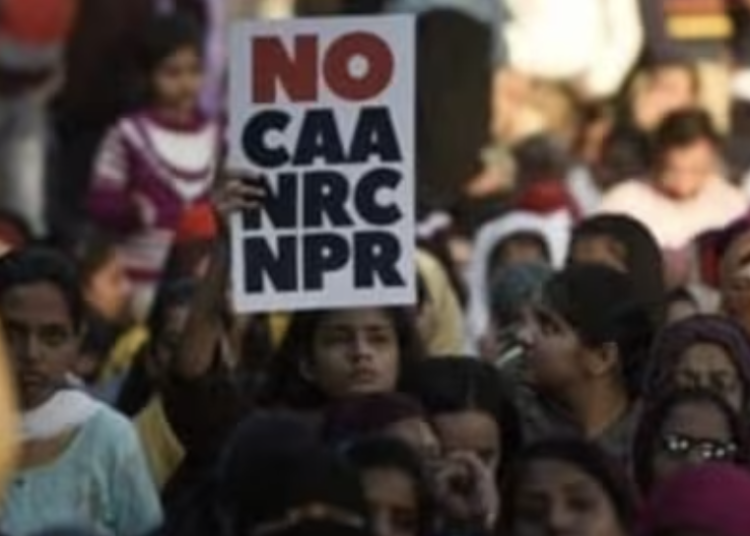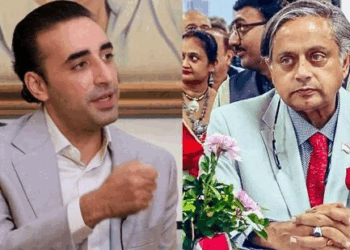The long-awaited Citizenship Amendment Act (CAA) rules have been notified by the Indian government, marking a significant development in the ongoing saga surrounding the controversial legislation. The journey towards implementing these rules has been fraught with protests, legal battles, and heated political debates, underscoring the deep divisions within Indian society.
**A Timeline of Events:**
**December 2019: CAA Passed by Parliament**
The Citizenship Amendment Act was passed by the Indian Parliament, sparking widespread protests across the country. Critics argued that the law discriminated against Muslims and undermined the secular principles of the Indian Constitution.
**January 2020: Protests Intensify**
Protests against the CAA gained momentum, with demonstrations erupting in various parts of the country. Civil society activists, students, and opposition parties joined forces to voice their opposition to the legislation.
**February 2020: Delhi Violence**
Violent clashes erupted in the Indian capital, New Delhi, between supporters and opponents of the CAA, resulting in several deaths and widespread destruction. The riots further escalated tensions surrounding the contentious law.
**March 2020: Lockdown Halts Protests**
The COVID-19 pandemic and subsequent lockdown measures temporarily halted the protests against the CAA. However, the issue remained simmering beneath the surface as the country grappled with the public health crisis.
**August 2020: Supreme Court Hearing**
The Supreme Court of India began hearing petitions challenging the constitutionality of the CAA. The court’s verdict was eagerly awaited by both supporters and critics of the legislation.
**November 2020: Government Notifies CAA Rules**
Amidst mounting pressure, the Indian government notified the rules for implementing the Citizenship Amendment Act. The move reignited debates over the law’s intent and its potential impact on India’s secular fabric.
**March 2024: Continuing Controversy**
With the formal notification of the CAA rules, the controversy surrounding the legislation shows no signs of abating. Critics argue that the rules disproportionately target minority communities and violate fundamental rights, while supporters maintain that the law is necessary to protect persecuted religious minorities from neighboring countries.
**Looking Ahead:**
As India grapples with the implementation of the CAA rules, the contentious debate over the legislation is likely to persist. The role of the judiciary, civil society, and political actors will continue to shape the course of this polarizing issue in the months and years to come.
**Conclusion:**
The notification of the Citizenship Amendment Act rules marks a significant milestone in the unfolding saga of one of India’s most contentious pieces of legislation. As the country navigates the complexities and controversies surrounding the CAA, the road ahead remains uncertain, with profound implications for India’s democratic ethos and social cohesion.
—
This comprehensive timeline encapsulates the tumultuous journey of the Citizenship Amendment Act, from its inception to the notification of its rules, reflecting the deep-seated divisions and passionate debates that have characterized this issue in Indian society.








 India
India












